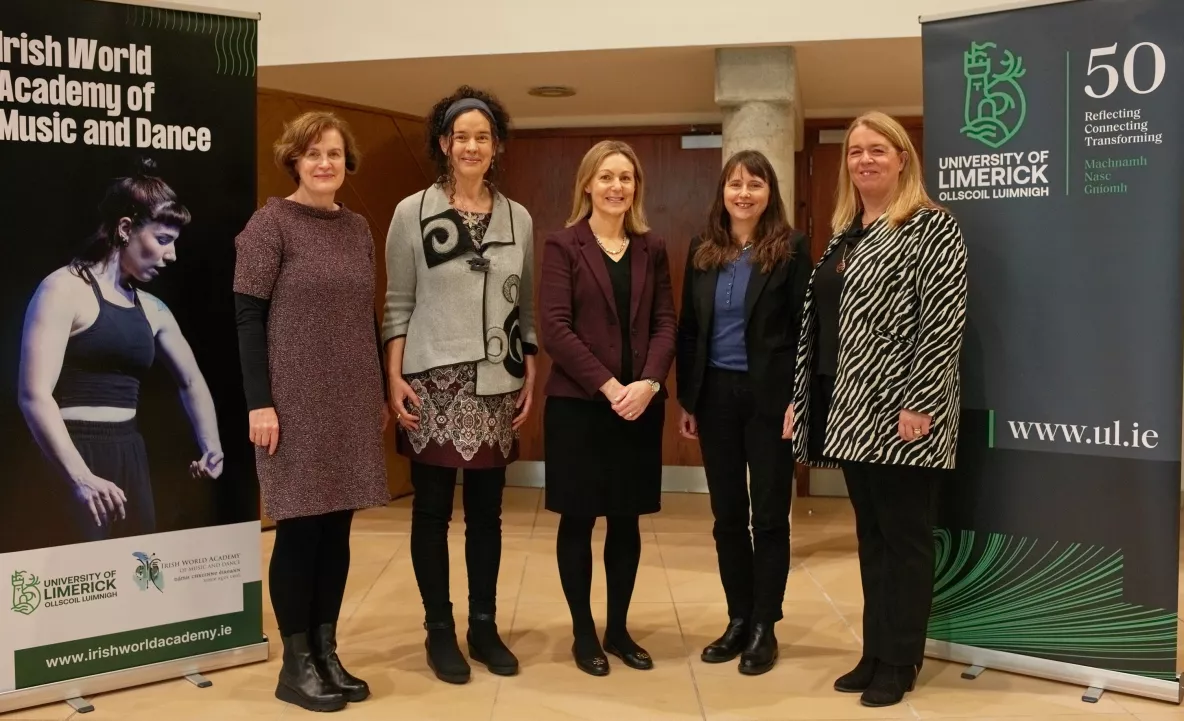
University of Limerick has played host to an arts-based refugee and migrant health seminar with the involvement of the World Health Organisation.
The inaugural Refugee and Migrant Health Research Seminar held this Friday was the first in Ireland focused on making Ireland’s health system more inclusive for people from different cultural backgrounds.
It brought together people from university, community and health settings together to examine evidence from Irish research about language and cultural barriers, holistic health and well-being and mental health.
This innovative arts-based seminar was co-designed with NGO Doras and was funded by the Health Research Board.
The Chair, Dr Kathleen Markey from Nursing and Midwifery at UL said: “The interest in this seminar has been fantastic – it was booked out. It was based on a strong and unique set of expertise among colleagues from the Irish World Academy of Music and Dance, School of Medicine, School of Allied Health, Department of Nursing and Midwifery, UL and our community partner NGO Doras.”
Music, singing and visual art were used throughout the seminar to create a welcoming and culturally sensitive space for discussion. A resource pack on integrating music and the arts into migrant health research was launched by Kristrina Mauer-Stender from WHO Regional Office for Europe.
Professor Helen Phelan, Director of the Irish World Academy of Music and Dance and Principal Investigator of the Health Research Institute’s participatory and arts-based research cluster for migrant health, explained: “There is mounting evidence concerning the role played by music and the arts in supporting health and well-being for refugees and migrants. I am very proud to be part of a dynamic team at University of Limerick, working with our community partner, Doras, to provide global leadership in this innovative approach to the urgent, real work challenges around migration and health.”
Ahmed Hassan from Doras said: “The collaboration with UL has enabled Doras to develop the work that is laid out in the strategic plan. The evidence produced by the researchers in UL allow Doras to prioritise our work and help identify the needs of the people we serve.”
Professor Anne MacFarlane, Director of the WHO Collaborating Centre for Migrants’ Involvement in Health Research, School of Medicine, UL said: “This seminar has provided an essential overview of national research to help leaders in the Health Service Executive and Department of Health to make evidence-based decisions to optimise refugee and migrant health in Ireland.”